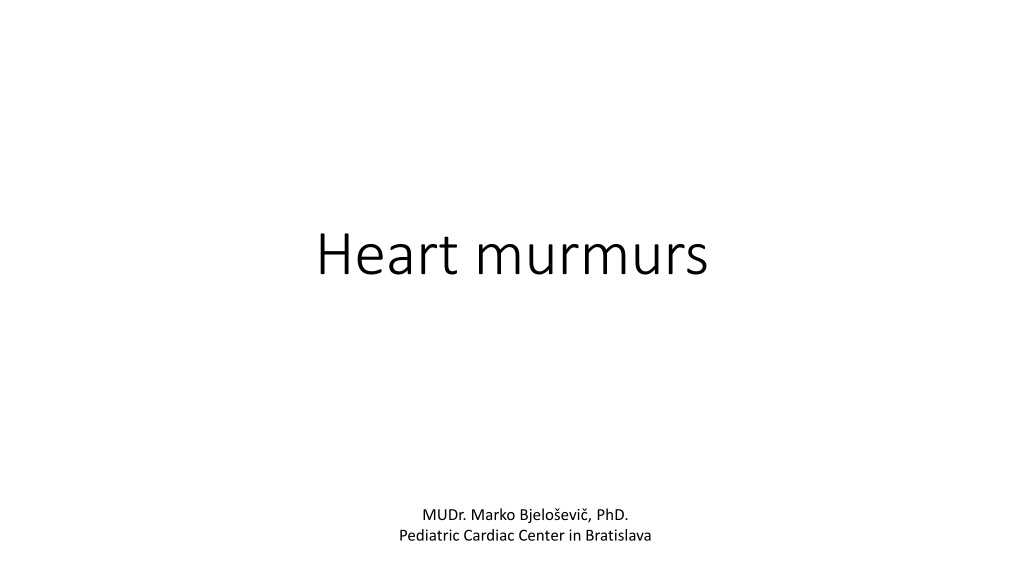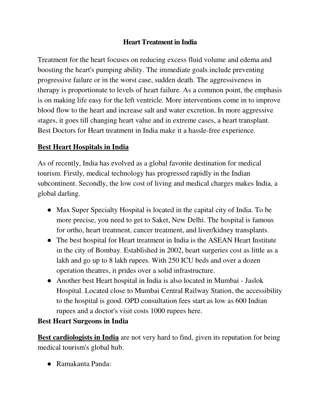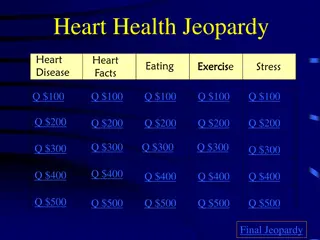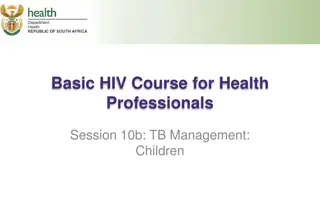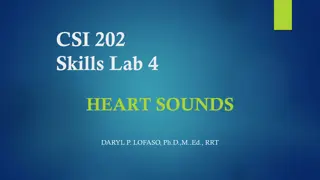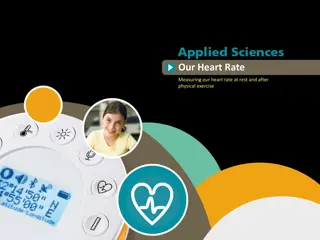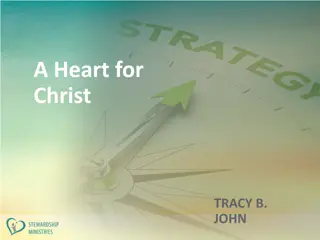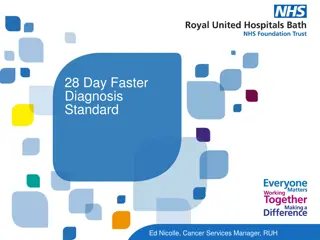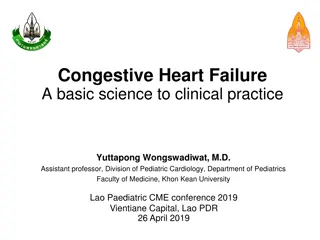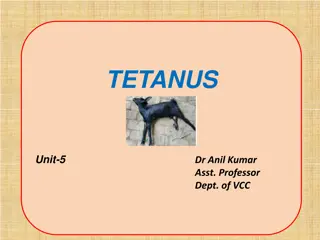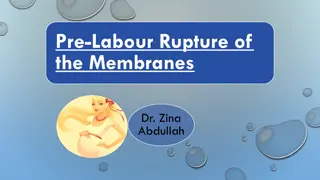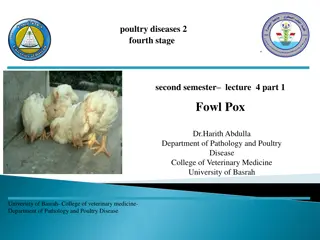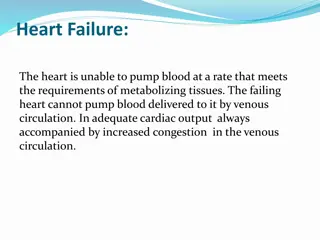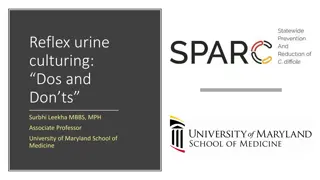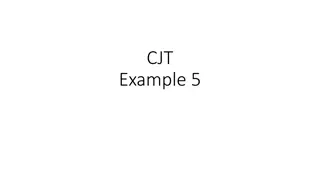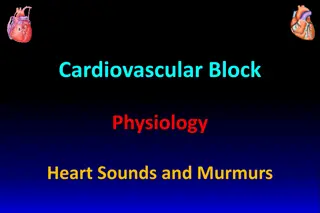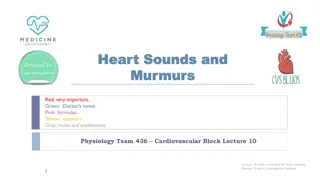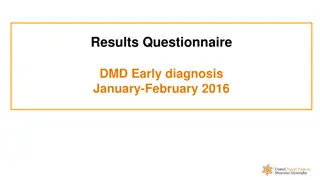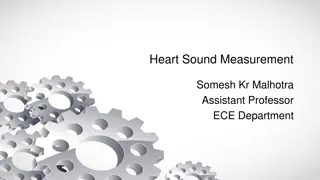Understanding Heart Murmurs in Children: Diagnosis and Clinical Relevance
Explore the world of heart murmurs in pediatric patients, covering propedeutics, pathophysiology, and clinically relevant murmur types such as innocent murmurs and structural heart diseases. Learning about the characteristics, causes, and diagnostic methods can help in identifying and managing these conditions in children effectively.
Download Presentation

Please find below an Image/Link to download the presentation.
The content on the website is provided AS IS for your information and personal use only. It may not be sold, licensed, or shared on other websites without obtaining consent from the author. Download presentation by click this link. If you encounter any issues during the download, it is possible that the publisher has removed the file from their server.
E N D
Presentation Transcript
Heart murmurs MUDr. Marko Bjelo evi , PhD. Pediatric Cardiac Center in Bratislava
Propedeutics Patophysiology > turbulent blood flow Characteristics Systolic/diastolic/continuous Punctum maximum Intensity (1-6 Levine scale) Propagation (direction of blood flow) Thrill (yes/no)
Murmur types that are clinically relevant 1. Structural heart disease (<1% children) 2. Innocent heart murmur (50% children) 3. Left ventricular tendon (10% children) -> ECHO
Structural heart disease (<1% children) Congenital heart disease (VSD, PDA, CoA,...) Hypertrophic cardiomyopathy with obstruction Heart tumor Endocarditis
Innocent murmur (50% children) Other names: functional murmur, benign murmur Normal ECHO = healthy person Characteristics Low intensity (1-3) Systolic Changes according to body stance Disappears after puberty Normal ECHO
Left ventricular (false)tendon (10% children) Benign ECHO diagnosis = healthy person https://doi.org/10.1016/j.echo.2013.03.005 Med J Aust 2007; 187 (10): 591. || doi: 10.5694/j.1326-5377.2007.tb01426.x
